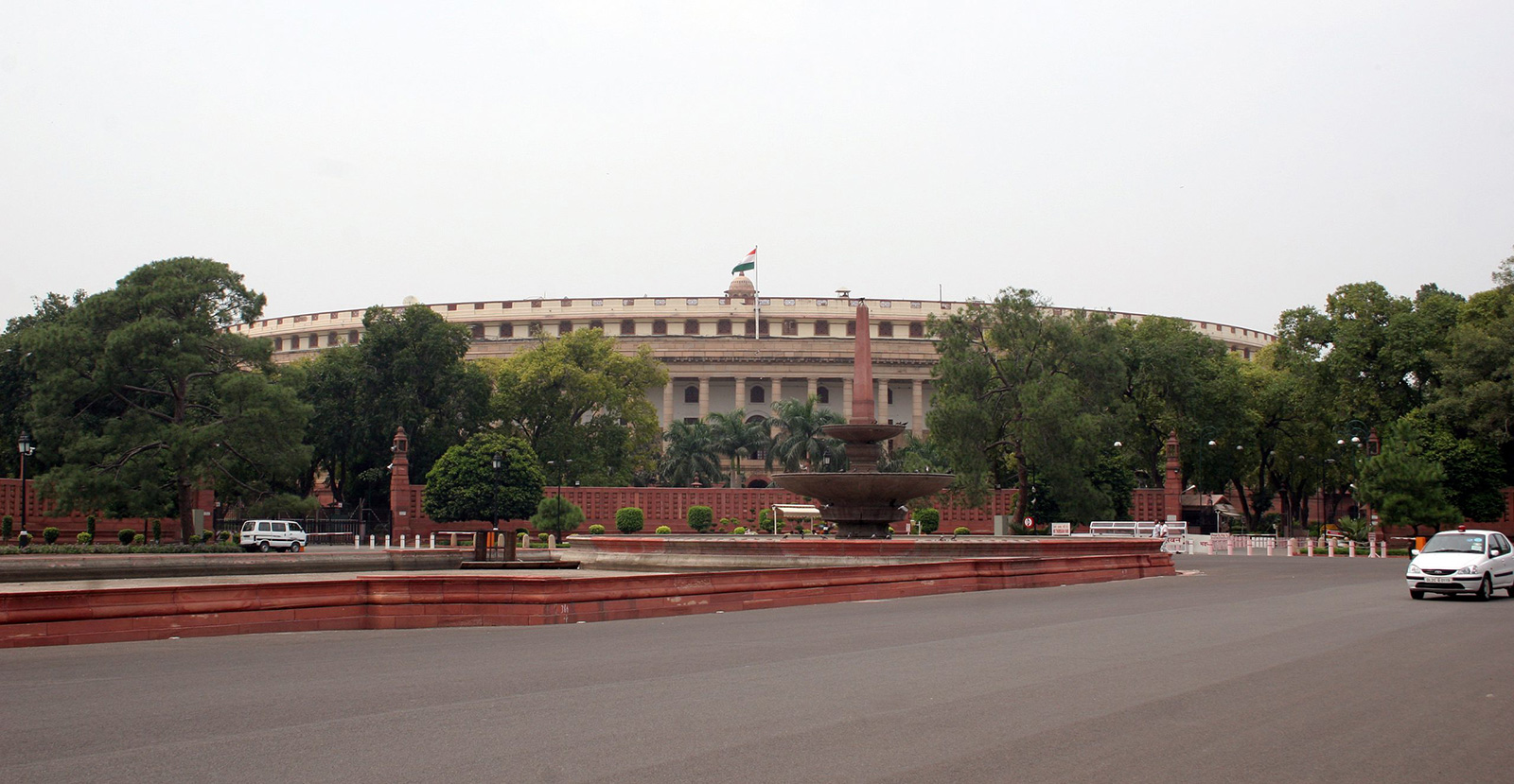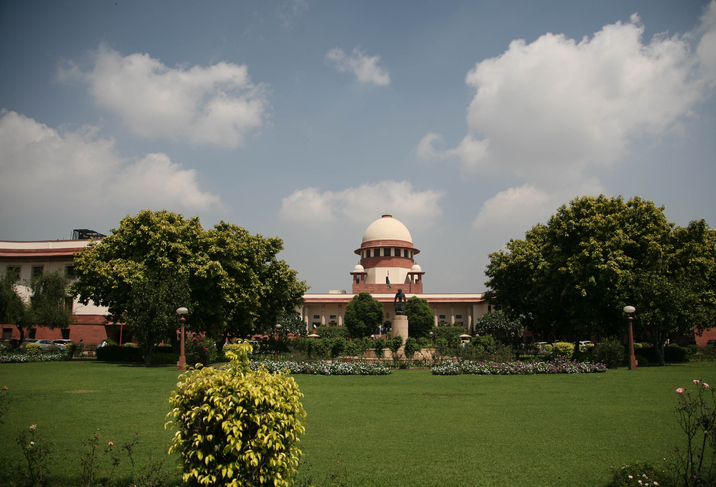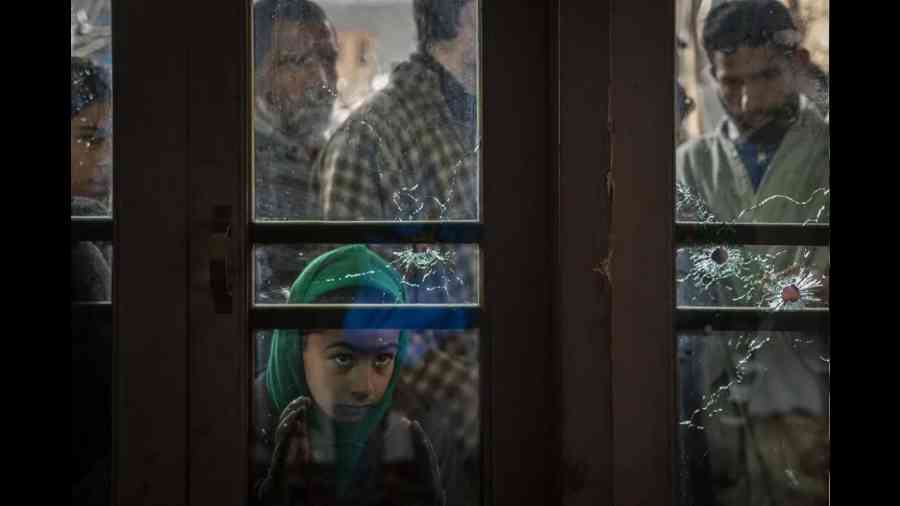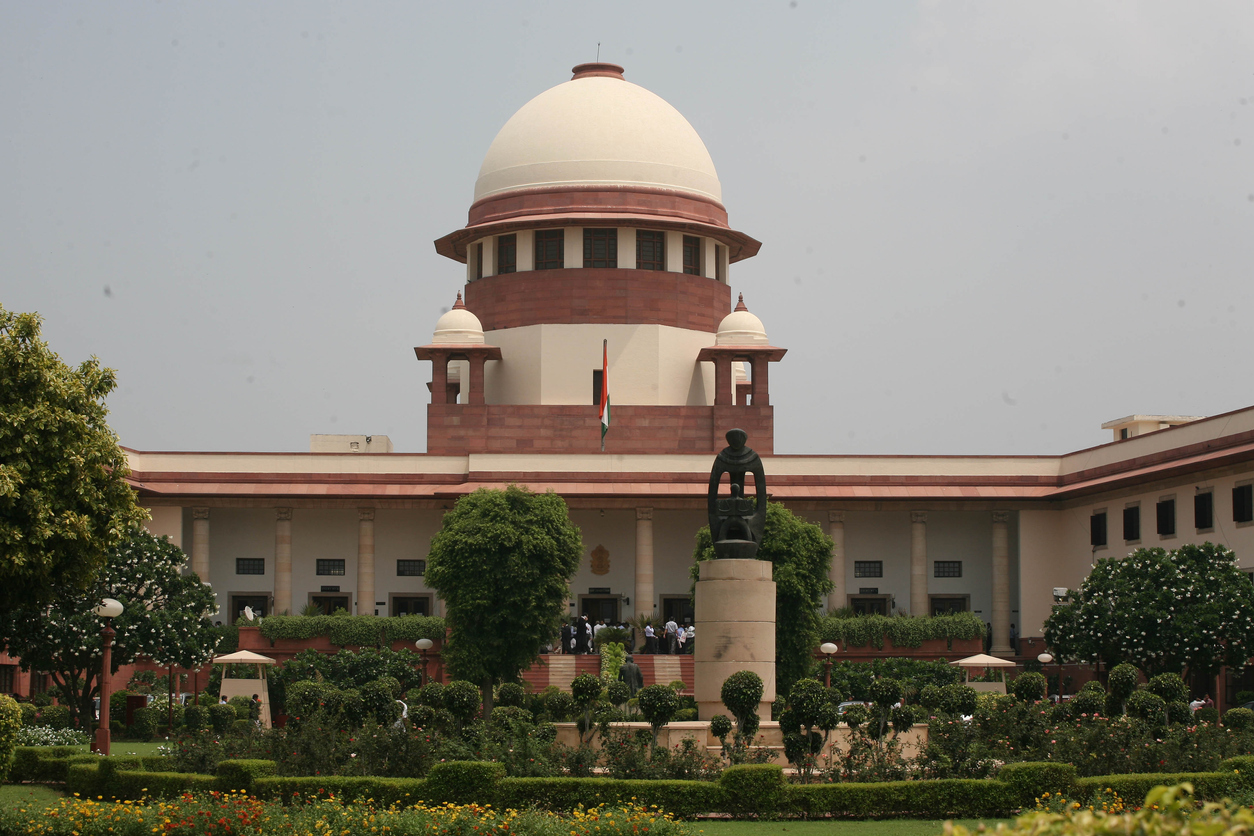
Covid-19 and the Need for Clear Centre-State Roles
India’s current legal framework for tackling public health emergencies is deeply fragmented
Through a combination of various laws, regulations, guidelines, and orders, a nation-wide lockdown is currently in force to control the spread of the novel coronavirus.
Among these, the Disaster Management Act, 2005 (DM Act), was invoked on March 24 to impose a blanket lockdown to ensure “consistency in the application and implementation of various measures across the country”. Accordingly, sweeping guidelines were issued for state governments to follow.
However, even before the DM Act was invoked, several State Governments had used their powers under the Epidemic Diseases Act, 1897 (ED Act) to deal with the Covid-19 outbreak. Although public order and public health are subjects that lie with the States as per the Indian Constitution, the Centre has used the DM Act to effectively bypass States and assume complete control.
This indicates a certain friction in the current legal framework when it comes to managing a crisis such as Covid-19 as the Centre and States do not appear to be fully in sync. States have had to take a backseat in dealing with a public health emergency that, despite having national ramifications, varies from region to region.
The fragmented manner in which these legal provisions have been invoked shows a lack of clarity in how the Centre and States have interpreted their roles under the Constitution as it stands.
This piece argues that the manner in which the legal framework is invoked to deal with the crisis should be in line with the constitutional scheme of division of powers between the Centre and States. It argues for a principled and constitutionally grounded interpretation of the roles and responsibilities of various levels of government.
Fragmented legal response
• The DM Act empowered the Centre to “take such other measures for the prevention of disaster, or the mitigation, or preparedness and capacity building for dealing with the threatening disaster situation or disaster as it may consider necessary”.
• The ED Act enabled States to take necessary actions to prevent the outbreak or spread of dangerous epidemic diseases, whereas it limits the Centre’s role to inspecting ships in ports and detaining persons therein. Interestingly, Municipalities are also empowered by other state laws to take similar measures (for example, Section 479 of the Kolkata Municipal Corporation Act, 1980).
• Restrictions have also been imposed under Section 144 of the Code of Criminal Procedure by District Magistrates across the country.
Constitutional division of responsibilities
The Centre has legislative and executive powers over entries in the Union List whereas States have similar powers over State List entries. Both the Centre and the States have powers over Concurrent List entries. These lists are contained in the Seventh Schedule to the Constitution.
Due to Entries 1 and 6 of the State List, it is the States that have legislative and executive powers over public order and public health, as mentioned above. Moreover, Article 243W read with the Twelfth Schedule (Entry 6) nudges States to delegate its responsibilities over public health to Municipalities. The Centre only has powers over preventing the spread of diseases from one State to another (Entry 29 of the Concurrent List).
Even though the Epidemic Diseases Act, 1897 is a colonial legislation, the fact that it allocates primary responsibility to the States and gives the Centre a more ancillary role reflects the constitutional division of powers rather accurately.
As far as the DM Act is concerned, the Seventh Schedule to the Constitution does not have an explicit entry on disaster management. Hence, Parliament had to trace its legislative competence for passing the DM Act to the Concurrent List entry on “Social security and social insurance; employment and unemployment”. It is rather ironic that actions taken under a legislation, which purportedly provides for social security and unemployment, should lead to so much distress amongst migrant labourers.
But that aside, as pointed out by the Second Administrative Reforms Commission (2006), all aspects of disaster management are not covered by this Concurrent list entry, and several State List entries also overlap. This creates room for allegations about the Centre overstepping its powers.
Hence, to avoid encroaching upon the State’s powers, the Commission had recommended the addition of a new entry in the Concurrent List for “Management of Disasters and Emergencies, Natural or Man-made”. This had also been recommended by the National Commission to Review the Working of the Constitution (2002) and later by a Ministry of Home Affairs Task Force set up to review the DM Act (2013). However, it was never taken up.
As no such entry currently exists, the actions of different governments in response to a health crisis need to be based on a close reading of the existing scheme of division of powers.
Way forward
In a country governed by the rule of law, it is essential that all power be exercised in a manner that is constitutionally grounded. The DM Act should not be seen as a carte blanche for the Centre to micro-manage the Covid-19 crisis. In fact, one of the major advantages of having a multi-level federal system is the presence of governance structures at the most local levels, which are best placed to deal with emergent crises. Naturally, there are limitations to what local governments can do, and the Concurrent List entry on preventing the inter-State spread of diseases is precisely the kind of function that is best allocated to the Centre.
In light of this, the Centre should restrict its actions under the DM Act to ensure coordination between States, rather than dictating consistency across States.
For responsive and efficient governance that is tailored to meet local exigencies, State and third-tier governments should be taking the lead in tackling public health crises (as they had been doing earlier), with ample support from the Centre. Going forward, the legal response to COVID-19 needs to be reoriented with this in mind.
Views are personal.



